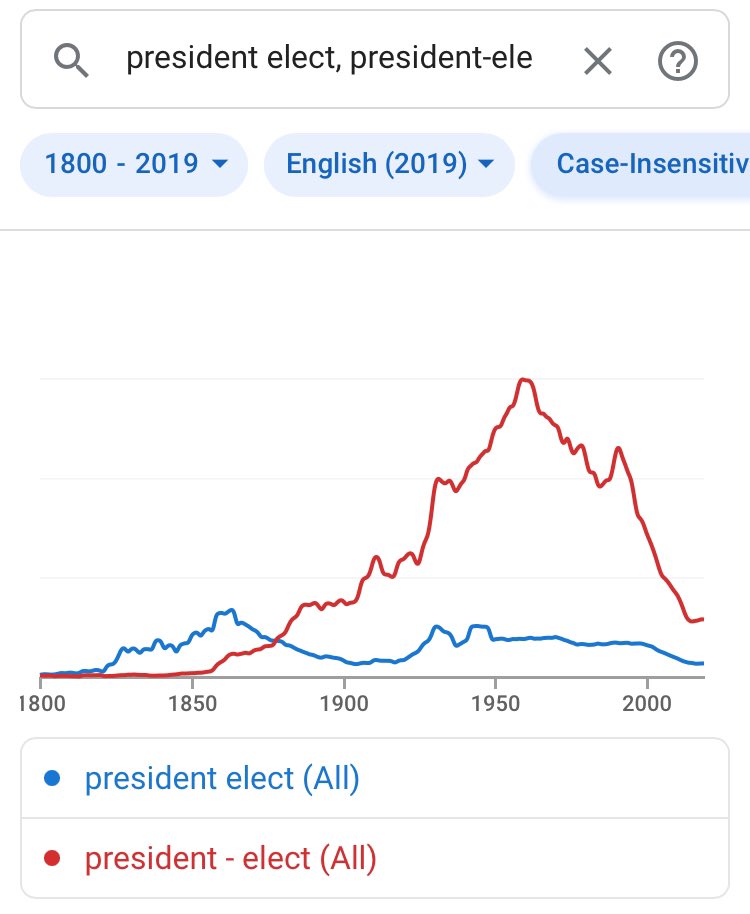
And also at least questionable.
mentalfloss.com/article/526291…
mentalfloss.com/article/526291…
H/t to @manwithoutatan for pointing out the existence of this execrable piece of Confederate apologia plus random Lee "facts" of questionable truth value to me.
For context: this is the reason people are talking about Robert E. Lee on here again:
https://twitter.com/MunstaMasta/status/1342525716731199488
Confederate fanboys are very selective about the rebellions they approve of.
• • •
Missing some Tweet in this thread? You can try to
force a refresh




